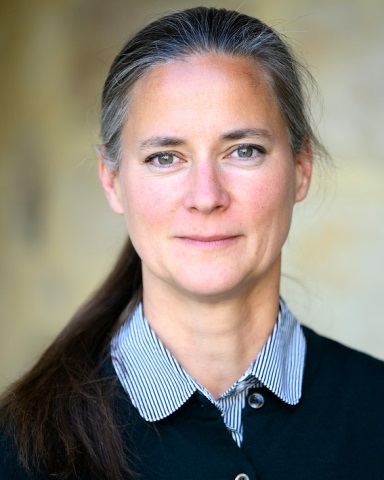Booking Requests
We are here to help you create a unique and memorable journey. Please fill out the form below or contact our director to discuss your specific wishes and requirements. Write to: anna.hjalm@svenskakyrkan.se

The Swedish Theological Institute in Jerusalem is a vibrant center for interfaith dialogue and education, promoting encounters and offering courses and lectures to deepen understanding of Judaism, Christianity, and Islam.
The Swedish Theological Institute is open for visitors by pre-arrangement. Please call or email to schedule your visit.
Warmly welcome!

Direktor, Svenska teologiska institutet
A visit to Jerusalem is a significant investment in terms of time and money. We are committed to responsible travels, and seek to make every visit worth the investment.
The Swedish Theological Institute provides full board, Wi-Fi, a lecture room accommodating up to 35 people, and beautiful spaces for conversation, study, and relaxation. Find out all the information you need for your stay with us.
Founded in 1947, the Swedish Theological Institute seeks to further a deeper understanding of the religious traditions in Jerusalem: Judaism, Christianity and Islam.
The library at Beit Tavor dates back to the days of Conrad Schick. The library is accessible to scholars and course participants at the STI.
We are here to help you create a unique and memorable journey. Please fill out the form below or contact our director to discuss your specific wishes and requirements. Write to: anna.hjalm@svenskakyrkan.se

Direktor, Svenska teologiska institutet